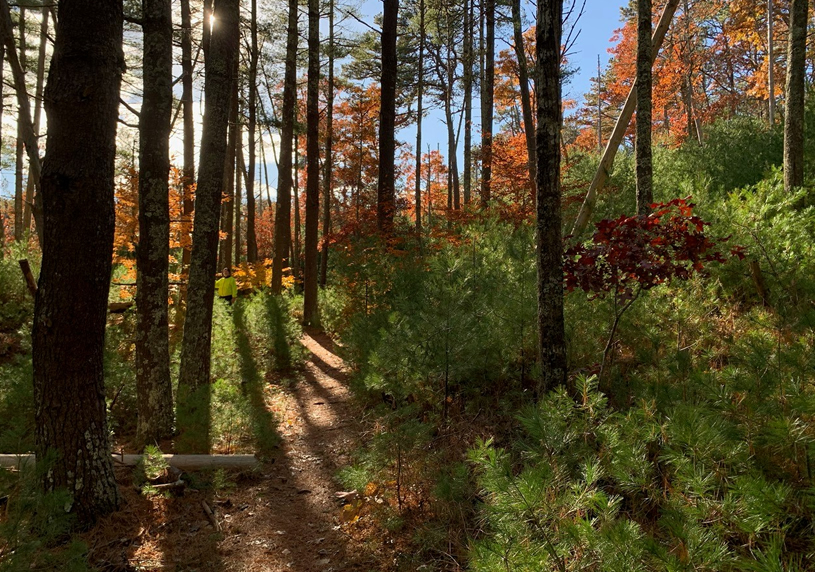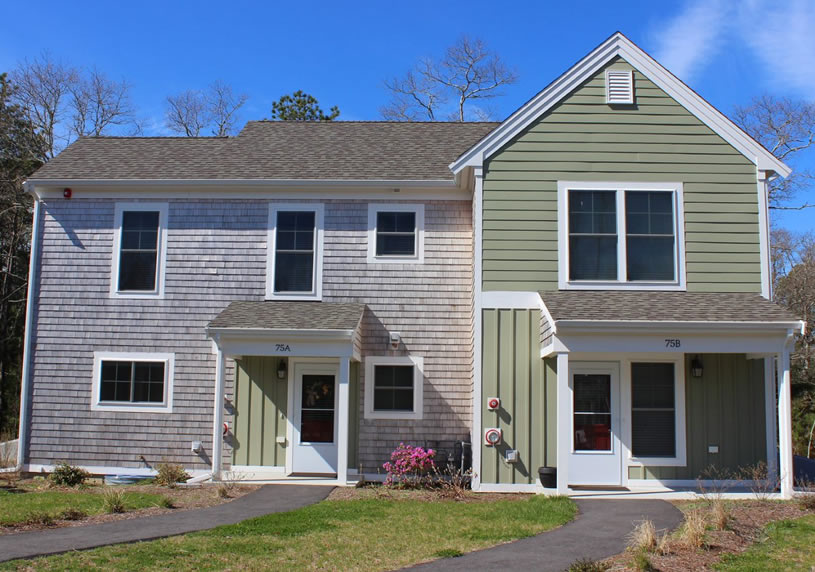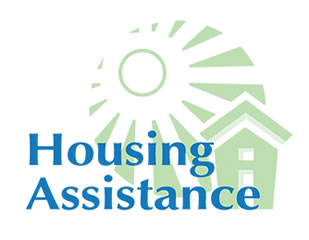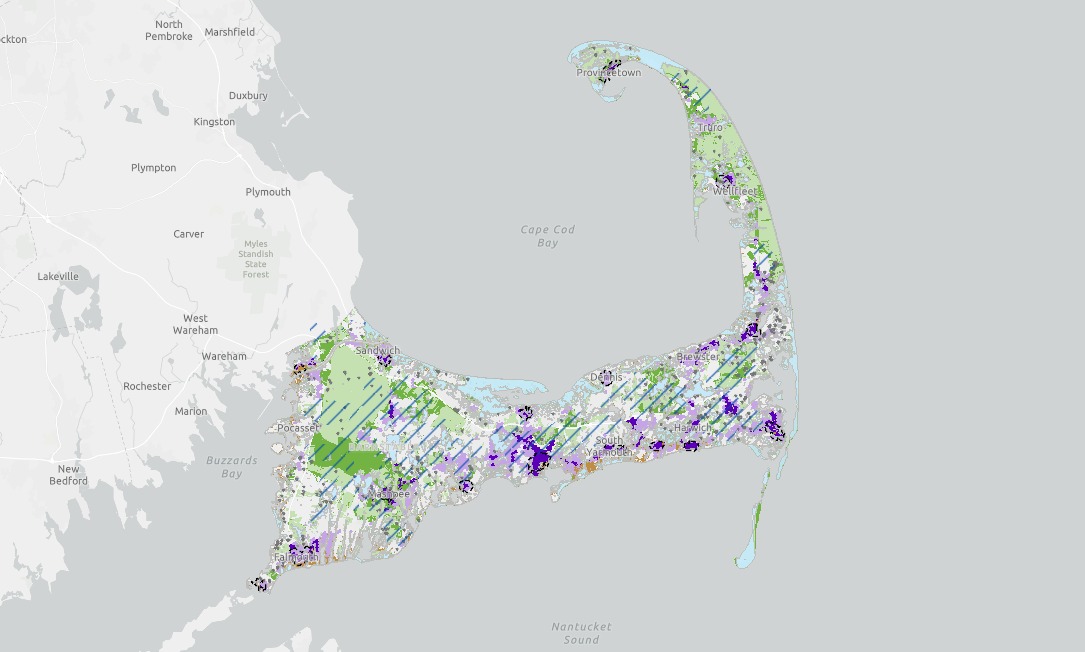Bringing Natural Resource Protection & Housing Needs Together.
A project by the Association to Preserve Cape Cod (APCC) and the Housing Assistance Corporation (HAC).
The problem: Housing and natural resource protection advocates often work separately, and are frequently in conflict with each other. Despite decades of efforts on both fronts, our housing crisis is worse than ever, and critical habitat areas, drinking water supplies, and coastal and freshwater resources continue to be adversely impacted by past and current land-use decisions. It is time for a new approach, where we work together to make progress on both fronts.
The solution: Grow Smart Cape Cod. The Association to Preserve Cape Cod and Housing Assistance Corporation have undertaken a mapping project that uses the best available existing data and GIS technology to identify priority areas for natural resource protection and priority areas for affordable moderate-density housing development.
By agreeing on the data and criteria used to identify priority areas for natural resource protection and affordable moderate density housing in advance, the two organizations hope to streamline town-level land use planning and help local leaders focus on areas where we can make significant progress in addressing the housing crisis and our regional environmental challenges.

Project Goal #1
Identify areas town-wide and region-wide where natural resource protection is a priority and areas where affordable moderate density housing can responsibly be developed, while protecting water quality.

Project Goal #2
Promote public support for natural resource protection and for more diverse and affordable moderate-density housing development in identified areas.
Project Goal #3
Reduce competition between conservation and housing interests in land-use decisions.
INSTRUCTIONS ON HOW TO USE THE MAPS
Policy Recommendations
Moderate-Density Housing
For purposes of this project, we define moderate-density housing as anything more than one dwelling allowed per half-acre. The benefits of building smaller homes, closer together rather than the traditional Cape Cod single-family home on a large lot are: these homes cost less and make less of an environmental impact. There is no one design approach to moderate-density housing. In one area, moderate density housing could be apartments on the second floor of commercial properties. In another area, it could be a group of townhouses on a single-acre lot. Still another area could be built out with a series of small cottages around a central courtyard.



